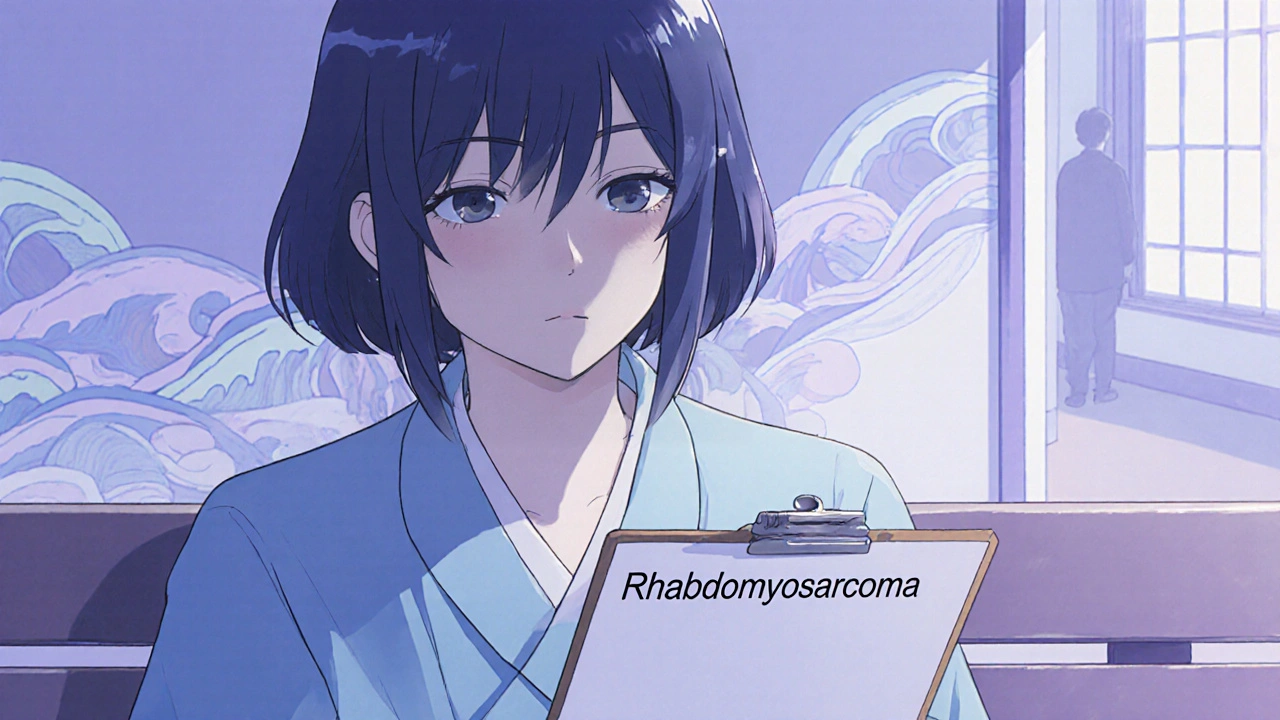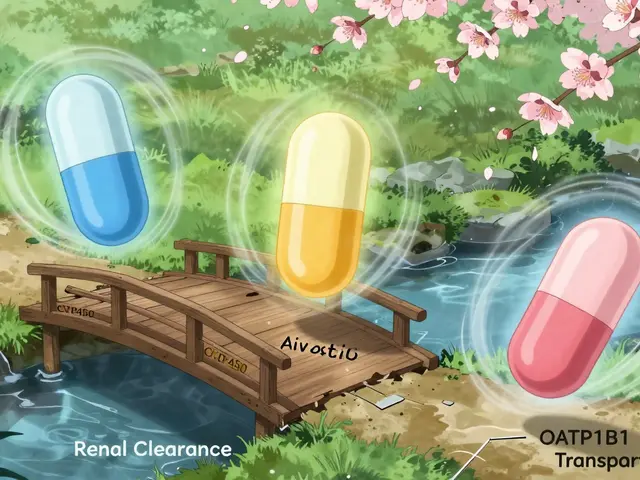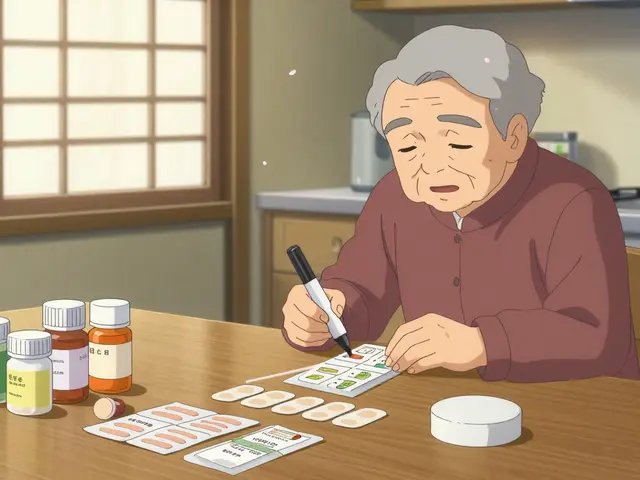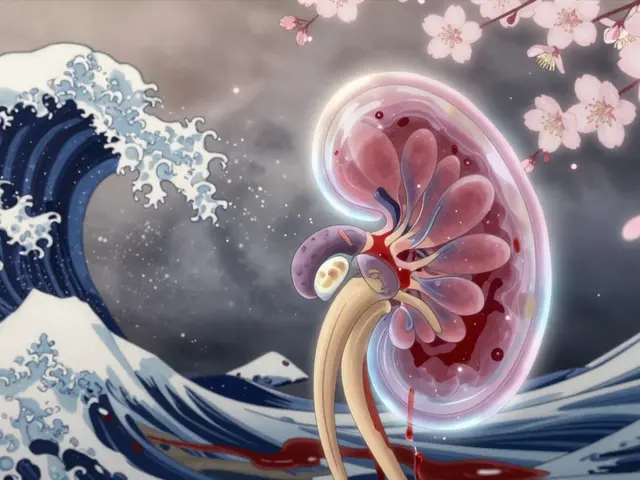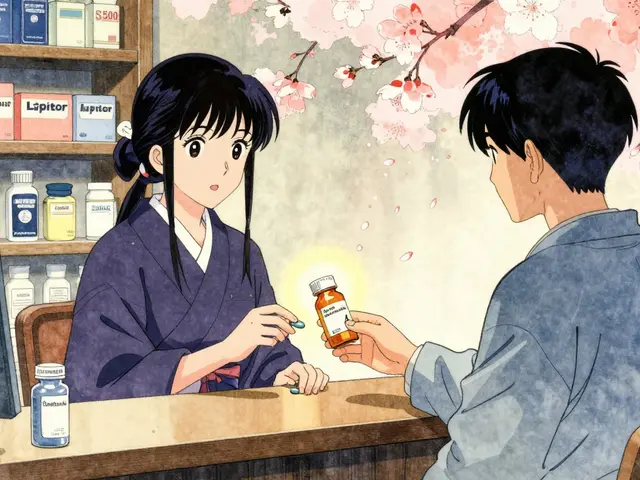Pediatric Cancer: Causes, Treatments, and What Parents Need to Know
When we talk about pediatric cancer, cancer diagnosed in children and adolescents under 18. Also known as childhood cancer, it’s not just a smaller version of adult cancer—it’s a different disease with unique biology, behavior, and treatment needs. Every year, around 400,000 children worldwide are diagnosed. Most parents don’t expect this. It doesn’t come from smoking or poor diet like many adult cancers. It often starts from random genetic errors during early development, not lifestyle choices.
Oncology, the medical field focused on cancer diagnosis and treatment for kids is highly specialized. Treatments like chemotherapy, radiation, and surgery are adjusted for growing bodies. Some kids respond better than adults, but side effects can be harsher long-term. That’s why cancer treatment in children, a tailored approach that balances effectiveness with developmental safety requires teams of pediatric specialists, not general oncologists. Survival rates have jumped from under 10% in the 1960s to over 80% today for many types—but that doesn’t mean the fight is easy.
Common types include leukemia, brain tumors, neuroblastoma, and Wilms tumor. Signs aren’t always obvious. A child who’s unusually tired, has unexplained bruising, complains of constant headaches, or loses weight without trying might need testing. Many parents wait too long, thinking it’s just a virus. Early detection saves lives. The good news? Research is moving fast. New targeted therapies and immunotherapies are being tested specifically for kids, with fewer long-term side effects than older treatments.
There’s no single cause for pediatric cancer. No one thing you did caused it. But understanding what’s out there helps you ask the right questions. You’ll find real stories, clear explanations of treatments, and practical advice on managing symptoms, side effects, and emotional stress—all from posts written by doctors, researchers, and parents who’ve been there.
Rhabdomyosarcoma & Fertility: Essential Guide for Patients
Learn how rhabdomyosarcoma treatment affects fertility and discover practical preservation options, decision tips, and post‑treatment care for patients and families.

